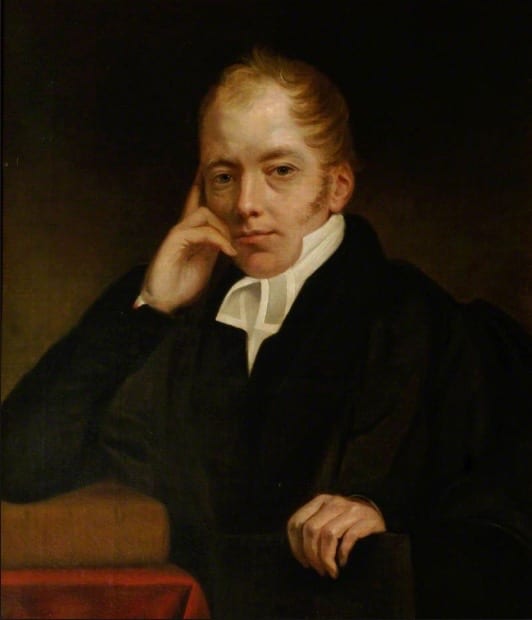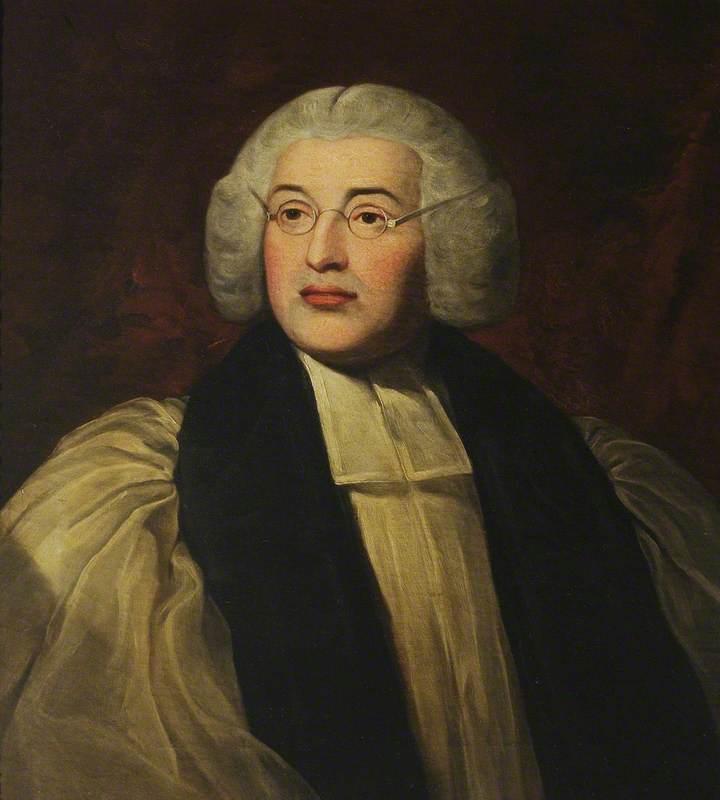Our Saviour and his apostles often assure us that all the prophets, whose writings are contained in the Old Testament, have spoken of the coming of the Messias; and upon this, though not upon this either singly or chiefly, is founded the truth of our religion; for it stands in need of no proofs of its divinity from the Old Testament, which seems to receive rather more confirmation from the gospel than the gospel receives l hence, though they both mutually support and establish each other.
The prophecies in general were so delivered, that they should not be understood till the event explained them; for which many reasons might be assigned. Hence it comes to pass, that after they have been all fulfilled in Christ, and, by being compared together, have given much light and strength to each other; still many of them, considered by themselves, are not so irresistibly evident as to force an assent from stubborn minds, and room is left for contradiction, doubt or cavil. Some of them are more obscure and ambiguous, some more clear and full. It is reasonable to suppose, that, as the time of Christ’s coming drew nearer, the predictions concerning him should be more distinct and plain; and so indeed they are.
John Jortin, Discourses Concerning the Truth of the Christian Religion; and Remarks on Ecclesiastical History, vol. 1 (London: John White, 1805); p. 104



